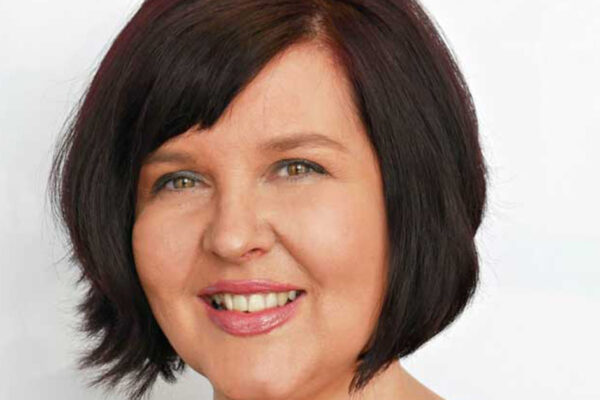Neurodiversity Celebration Week 2023
By Evelyn M Walker, Walker Gordon Associates Ltd
As we celebrate neurodiversity week, this week, we should all stop and reflect about the importance of being kind and accepting of each other and to have the understanding that everyone’s brain works differently and that we all experience the world in different ways.
Around 15% to 20% of those in education and the workplace are neurodivergent and this could be Autism, ASD, Dyslexia, Dyspraxia and ADHD. As we reflect, we should also ask ourselves, are our education and workplace policies diverse and inclusive for all team members and if not, what can we all do to make our education and working environments more inclusive; welcoming; a place where everyone feels that they belong, and that their personal values are aligned.
In respect of the workplace, neuroinclusion should be a major focus for any company looking to attract the best team members and to create diversity of thought and a balanced view, which focuses equally on, all team members’ talents, delivery, and strengths. Research has shown that companies that create an inclusive working environment, where neurodivergent team members can thrive and be themselves at work, will in turn reap growth benefits, for example, higher productivity, higher levels of team creativity, innovation, business resilience and team member retention.
So how can you make your workplace more neuro-inclusive? This should start through the adoption of a more inclusive hiring practice, by ensuring that all candidates have the opportunity to demonstrate their potential throughout the hiring journey. As part of the hiring journey, when looking at your recruitment process, does your job description explain that you have an inclusive workplace and culture, and does your job description explain the various stages of your interview process?
In respect of your interview process, do you share clear guidelines on what is expected, for example, do you explain to the candidates that interview questions can be shared in advanced? Do you also indicate the timescale of the interview (s), who will be involved in the interview process and do you share any pre-work that is required during any of the stages of the interview process?
After the interview process and in preparation for onboarding, do your onboarding processes ensure that they are “person centred” and will allow for open discussions around communication preferences, environmental and sensory considerations and the sharing of learning styles? Do you provide a glossary of terms and additional background to the different terminology that your company will be using?
After onboarding and CPD (continuous professional development), do you give adequate time for all team members to learn new skills? Do you always share and ask for feedback, as research has shown that feedback is one of the strongest mechanisms to improve effectiveness and belonging in the workplace. Do you also assess meeting timescales, share agendas ahead of time and encourage suitable breaks for all team members?
As shared above, companies that create an inclusive working environment, will in turn, reap business growth benefits and as we celebrate neurodiversity week, this week and neuro-inclusion going forward, let us all strive to increase acceptance and understanding, for a more inclusive and equitable environment, where we all feel comfortable, accepted and can confidentially play a part in.

